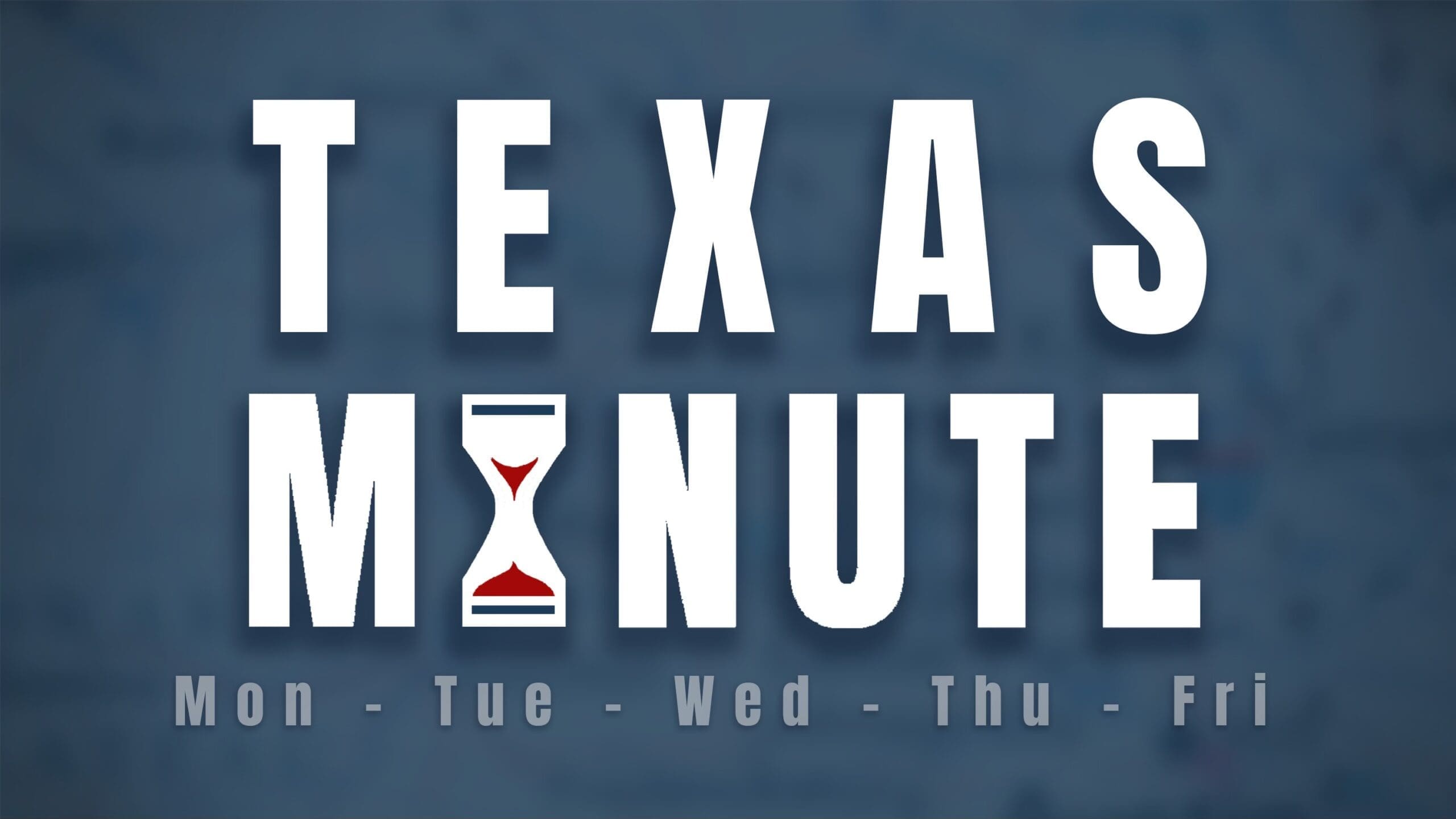During the first public board meeting since a school board president ordered police to clear the room and arrest two parents, the public showed that they would not be intimidated. One after another, parents and enraged taxpayers took to the microphone to voice their distrust in the board, particularly Houston ISD Board President Rhonda Skillern-Jones.
There was something different about Jones during this meeting, as well. Undoubtedly contrite, for the first time Jones and the board (at least most of them) sat quietly listening to citizens’ concerns, giving them their full time at the microphone and allowing the public to applaud for fellow speakers they agreed with.
It was truly a testament to the will of the public, who could have easily backed down out of fear. Instead they showed up in force.
The main concerns were the use of force by the board president and the seeming complacency by most other trustees. During an April 24 board meeting, Jones ordered HISD police to clear the room after the crowd continuously voiced concerns that Jones disagreed with. Calls for Jones to be stripped of her presidency have reached an all-time high, with fellow trustee Elizabeth Santos penning an op-ed echoing those sentiments.
The board’s unwillingness to vote on a turnaround plan for the district’s ten failing campuses that are the root of a potential takeover by the Texas Education Association has destroyed most of the public trust in the trustees.
Citizens have grown increasingly frustrated by actions and changes in board policy that have limited public input.
In recent months the board has limited public speaking time, prohibited speakers from saying the names of trustees or administration officials, reduced seating, allegedly intentionally delayed meetings to deter potential speakers, and blatantly disregarded the will of the taxpayers who gave them their seats.
The trouble with HISD is not new.
Texas Scorecard first wrote about the district in 2007 when a group of low-income parents were suing to stop the sale of a narrowly approved $805 million bond. The families claimed that HISD was providing subpar academic programs and facilities in minority neighborhoods — a sentiment that is still being reiterated.
Since then, Texas Scorecard has written about HISD taxpayers paying $40,000 to send district officials to the rodeo, an accidental surplus of nearly $3 million worth of food, a 3-cent tax hike and $1.9 billion bond proposal in 2013, and the 200 people who showed up to protest outside of Jack Yates High School in 2014 to oppose its redevelopment.
In 2014, the district gave then-Superintendent Terry Grier a bonus topping $100,000. This is a district with over 80 percent economically disadvantaged students. The following year they spent $400,000 to hire outside tax-funded lobbyists to lobby the legislature, though they have an internal government affairs team.
Internal audits in the past have pointed to failures of the board at construction cost management, and the district has a history of retaliating against employees who speak out about shortcomings. Most recently, a report found that they fired the previous auditor, Richard Patton, for unjust reasons.
With all of the problems in just the last decade, it would seem as though HISD is nothing more than a problem-plagued school that can and will continue on that trajectory. But the problems in HISD are reaching a fever pitch.
With the state breathing down the district’s neck, a potential budget shortfall, failing campuses numbering in the double digits, and a public body that has had enough, the district’s future success is uncertain.
Though trustees are unpaid, they sought out the position. Yet the growing failures of the district show that many trustees view their role as nothing more than a part-time volunteer effort.
HISD parents and taxpayers need to continue to speak up. It is more important now than ever before that they have a voice in the direction of the district and try to make a lackluster board of trustees accountable to the public.



